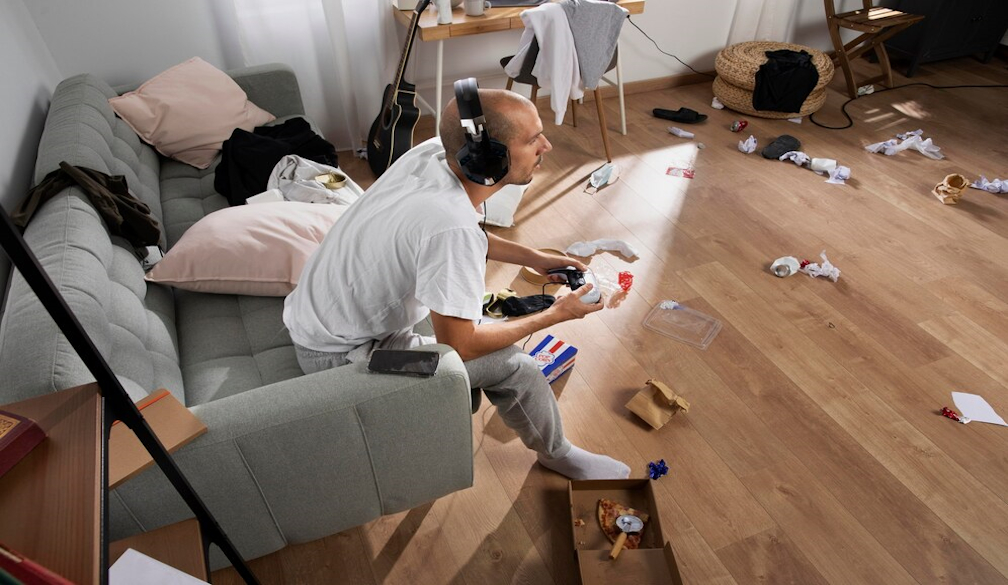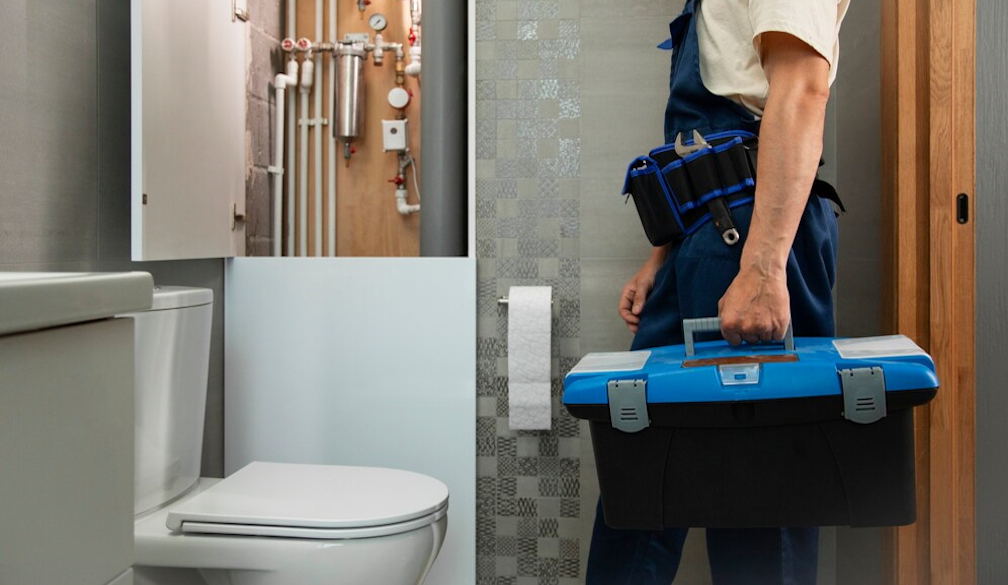How to Organise Belongings for Removalists
- Written by iVillage

Moving to a new place, whether it’s a new home or office, can be an exciting yet daunting task. One of the crucial aspects of a successful move is effectively organising your belongings for the removalists. Proper organisation not only ensures a smooth moving process but also helps in minimising stress and streamlining the entire operation. If you're in Melbourne, Australia, and planning a move, here's a comprehensive guide on how to organise your belongings for removalists.
1. Start Early:
The key to a stress-free move is to start early. Begin organising your belongings well in advance of the moving date. Create a timeline and set specific goals for each day leading up to the move. Starting early gives you ample time to sort through your belongings, declutter, and pack efficiently.
2. Declutter and Donate:
Before you start packing, declutter your belongings. Sort through each room and separate items into categories: keep, donate, sell, or discard. Be ruthless in your decision-making process. If you haven't used an item in over a year or it no longer serves a purpose, consider donating it to charity or selling it online. Decluttering not only reduces the amount of stuff you have to pack but also saves time and money during the moving process.
3. Gather Packing Supplies:
Gather all the necessary packing supplies such as boxes, bubble wrap, packing paper, tape, markers, and labels. Ensure that you have sturdy boxes in various sizes to accommodate different items. Use quality packing materials to protect fragile items during transit. Proper packing supplies are essential for keeping your belongings safe and secure during the move.
4. Pack Room by Room:
To maintain organisation, pack one room at a time. Start with rooms that are used less frequently, such as the attic or basement, and gradually move on to high-traffic areas like the living room and kitchen. Label each box with the name of the room it belongs to and a brief description of its contents. This makes it easier for the removalists to place the boxes in the correct rooms at your new location.
5. Create an Inventory:
Keep track of your belongings by creating an inventory list. Write down the contents of each box as you pack them. Number the boxes and label them accordingly. This inventory will not only help you keep track of your possessions but also assist the removalists in handling and transporting your items with care.
6. Communicate with the Removalists:
Communication is key when working with removalists. Provide them with detailed instructions regarding any fragile or valuable items that require special handling. Inform them of any access issues or parking restrictions at your current and new location in Melbourne. Clear communication ensures that the removalists are well-prepared and can execute the move efficiently.
7. Prepare an Essentials Box:
Pack a separate box containing essential items that you'll need immediately upon arrival at your new place. This may include toiletries, a change of clothes, important documents, basic kitchen utensils, and snacks. Keep this box with you during the move rather than loading it onto the moving truck.
Conclusion:
Organising your belongings for removalists is a crucial step in ensuring a smooth and stress-free moving experience. By starting early, decluttering, gathering packing supplies, packing room by room, creating an inventory, communicating effectively with the removalists in Melbourne, and preparing an essentials box, you can streamline the moving process and make the transition to your new home or office in Melbourne much easier. With proper organisation and planning, you can turn a potentially overwhelming task into a manageable one.







